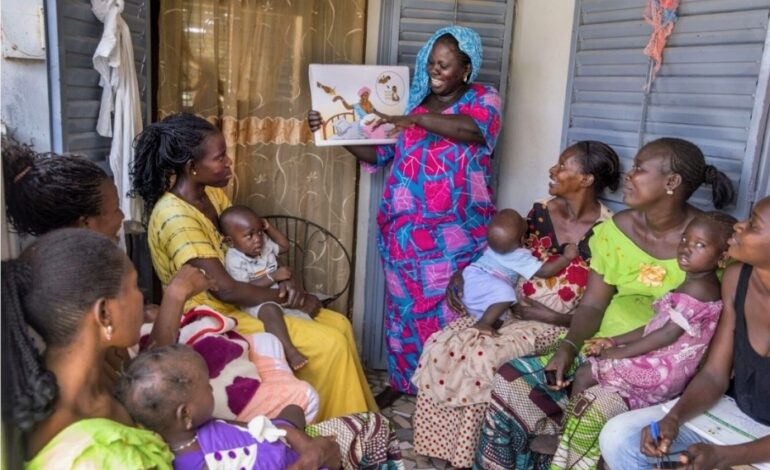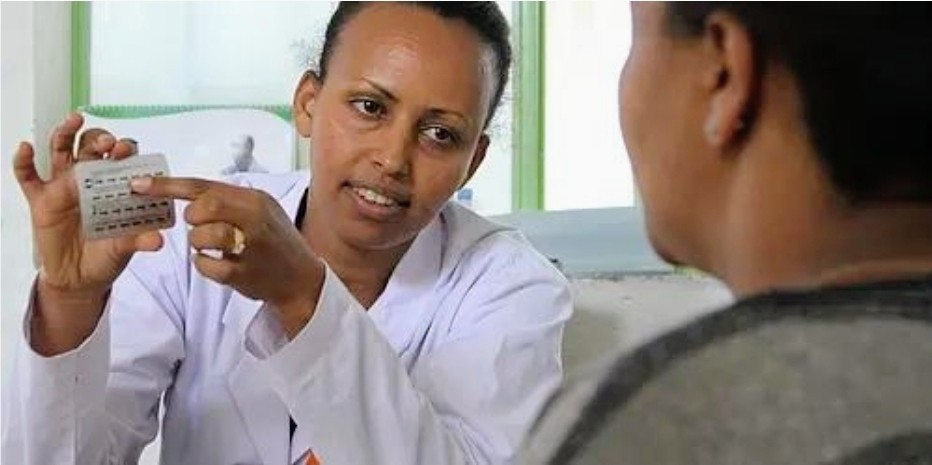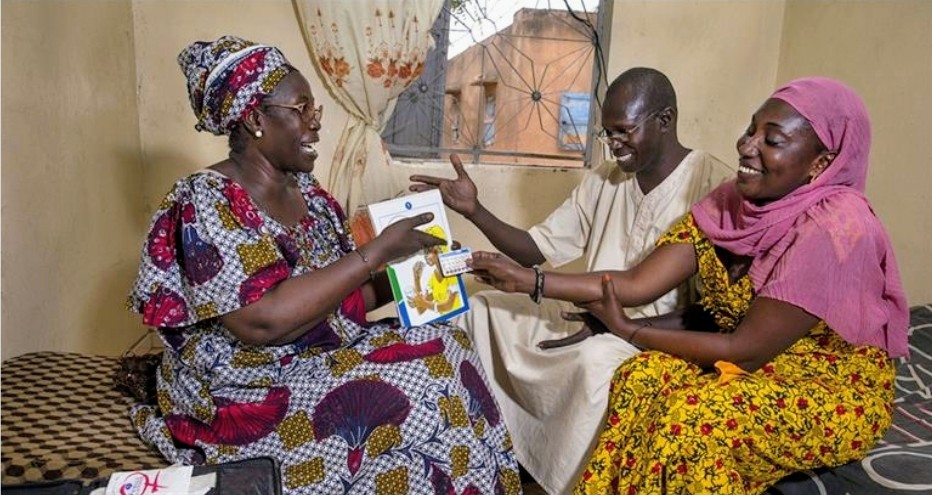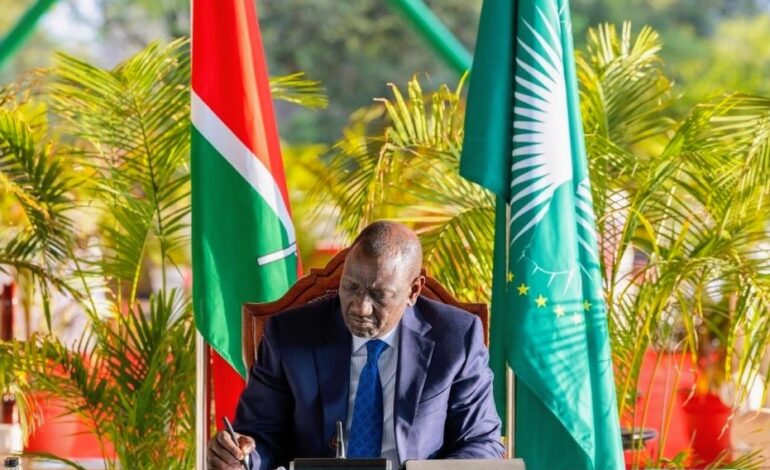
Wayne Lumbasi
Several African countries are increasing domestic spending on family planning and reproductive health services as international aid continues to fall. This move marks a major shift from relying on donor support to taking ownership of health priorities at the national level. Governments are framing family planning not just as a health service, but as a key investment in economic growth, maternal health, and social stability.
Zambia has announced plans to boost its family planning budget from $4.5 M in 2025 to $7.5 M in 2026, while Zimbabwe is set to contribute an extra $2.25 M annually for contraceptives over the next two years.

The Democratic Republic of the Congo (DRC), which previously had almost no domestic allocation for reproductive health, will spend $5 M per year over the next four years. In Kenya, the government has allocated around $7–8 M in its 2024/25 budget for family planning commodities, a step forward but still below the level needed to fully replace declining aid.
The urgency for domestic investment comes as international funding drops sharply. Over the past two years, several major donors have cut back on family planning contributions, leaving countries to fill critical gaps. Governments have responded by prioritizing reproductive health in national budgets and seeking innovative ways to fund programs locally. Some nations are introducing levies on mobile data, alcohol, and tobacco, with proceeds directed toward contraceptive procurement and reproductive health services.

These funding increases are already linked to tangible results. In Zambia, rising domestic investment in family planning has coincided with a drop in maternal mortality from 252 per 100,000 live births in 2022 to 187 in 2024. Officials in the DRC have emphasized that financing reproductive health is an investment in life, prosperity, and social cohesion, highlighting the broader societal benefits of accessible family planning services.
Despite the progress, challenges remain. Many countries still face budget limitations and competing priorities. Rapid reductions in foreign aid could create temporary gaps in service if domestic funding does not scale quickly enough. Ensuring contraceptives and reproductive health services reach rural and underserved communities will require careful planning and consistent support.
Nonetheless, the trend toward greater self-reliance marks a turning point. By increasing national funding, African countries are taking control of reproductive health programs, safeguarding decades of progress, and strengthening health systems. This approach aims to empower millions of women and families across the continent, providing them with greater access to family planning and the opportunity to plan their futures with confidence.
MORE ON HEALTH SERVICES
U.S. AID CUTS STRAND $11 MILLION IN BIRTH CONTROL SUPPLIES FOR AFRICA
SOUTH AFRICA’S CONTRACEPTIVE CRISIS: UNMET NEEDS AND SYSTEMIC FAILURES








